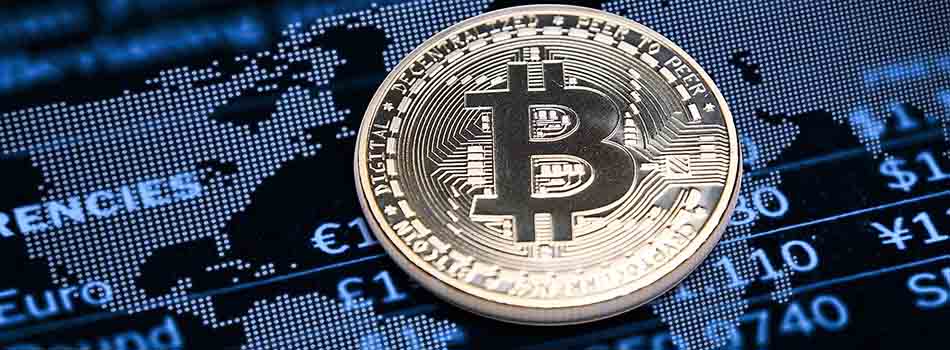On Tuesday, the SNB’s decision to unpeg its currency from the euro sent shockwaves through the financial markets. As a result, the franc appreciated by over 40% against the single currency, making Swiss exports significantly more expensive and thus less attractive. Consequently, investors moved their money into the ‘safety trade’ by purchasing assets such as gold and U.S. Treasuries.
The Swiss franc is considered a ‘haven’ currency in times of uncertainty. Its popularity stems from the fact that Switzerland doesn’t belong to the Eurozone and thus has no control over its monetary system.
This means that when Greece’s financial struggles continue to make headlines, investors buy up Swiss francs because they trust the Swiss National Bank not to want to devalue its currency, thus giving it a haven status.
As you can see from the chart below, demand for the Swiss franc rose sharply after news broke about Greece’s debt negotiations with international lenders.
While buying up tangible assets makes sense in times of crisis, investors have also looked to alternative currencies to hedge against inflation. The most important of these is Bitcoin.
Demand for Bitcoins picked up significantly after the 2008 financial crisis when the Federal Reserve cut interest rates almost to zero percent to revive economic growth.
Bitcoin is primarily considered an attractive store of value due to its limited supply. There are over 12 million Bitcoins today, with ‘miners’ receiving new coins for verifying transactions every 10 minutes. However, as the world’s population continues to grow fast, the number of coins that can be created will remain capped for a long time to come.
In addition, many people believe that the U.S. dollar is on the verge of collapse and have been diversifying their money into new safe-haven currencies such as Bitcoin to protect themselves from inflation. This has led to a surge in demand for digital currency, further pushing up its value.
Of course, this belief of an impending U.S. dollar collapse is far from unanimous, with many suggesting that it will keep its global reserve status for a long time to come… probably forever considering how much leverage the Federal Reserve has over other countries in terms of military might and international institutions such as the International Monetary Fund.
Nevertheless, demand for Bitcoin is expected to remain high as more and more people decide they want a slice of the virtual currency pie. This has led to predictions that its value could increase by as much as $100 or even $1,000 over the next few years.
Marc Faber, the Swiss investor, known as Dr. Doom, has famously said that Bitcoin could become a bubble more significant than anything we have ever seen before. Still, regardless of its eventual value, many suggest it will be one of the best hedging tools against global inflation in the future.
The dollar is also a global currency, and thus if inflation becomes too strong in the U.S., then it may trigger other countries’ central banks to buy more dollar-denominated assets, which can lead to a strengthening of the dollar and vice versa, stopping the loss of value due to inflation.
Also, Bitcoin is not a hedge option against inflation, but it is more of an investment option. The reason is the volatility of Bitcoin’s price, which may cause losses to anyone who holds the currency for too long without any proper hedging strategy in place. To know more, check out https://bitvestment.software/.
Precious metals used to be an effective hedge against inflation, but now they are subject to manipulation by central banks. This makes them susceptible to bubbles which are quick to pop. On the other hand, bitcoins are not yet being manipulated by any government or central bank, so people believe it can be a better option for hedging against inflation.
Using Bitcoin as a hedge against inflation is still a bit of a controversial subject. Some analysts believe that the currency’s high levels of volatility can work to one’s advantage, while others believe that this volatility makes it an impractical option for hedging purposes.
One of the most significant advantages of using Bitcoin instead of precious metals as a hedge against inflation is that its value tends to be far less correlated with the rest of the market.
Therefore, it seems like there are some advantages to using Bitcoins for hedging against inflation (i.e., limited supply + volatility). However, many people have also pointed out that Bitcoin’s value is heavily correlated with other assets such as the U.S. dollar and gold (which makes it not a very effective diversificati




